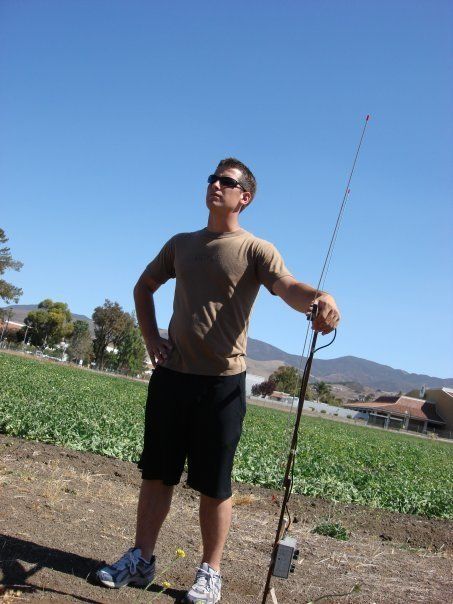FAST TRANSIENTS
THE TACTICAL TANGENTS BULLETIN2018 SOUTHWEST TRAUMA CONFERENCE
I spent the last couple days at the Southwest Regional Trauma Conference and wanted to share a few notes. The conference chairman is Dr. Andy Tang, the Trauma Director of Banner UMC in Tucson, who we interviewed on the podcast a little while back. Be sure to check it out! Remember, we’re not lawyers or doctors, so you should follow professional guidance and local training on all matters we discuss, but it’s good food for thought. Enjoy! -Mike
- Chest seals. This came up in the interview with Dr. Tang, but I also talked to at least two other trauma surgeons about the use of chest seals in urban pre-hospital care. The clear consensus among them was that they are usually a waste of time. Don’t delay transport to apply a chest seal, and only bother applying one if you have a legitimate “sucking chest wound,” i.e., air is obviously moving in/out (audibly or visually). That rarely happens, and usually only from high velocity/large diameter wounds.
- Chemical Exposure/Burns. After removing the source of exposure and ensuring you can safely treat someone with a chemical burns, thorough irrigation (for several minutes) is critical. The amount of damage to tissue is determined by the amount of time from exposure to irrigation, so this is one of the few treatments you should delay transport to get done right.
- 1-October Vegas Shooting. A lot of notes on this, but one that stood out to me was some of the bottlenecks that hospitals identified in their their ability to treat patients, and one was the way they name them (John/Jane Doe, for example)—one of the hospitals ran out of names! The lesson learned was to have a more robust patient naming system to keep unidentified patients straight (labs, X-rays, pharmacy requests, etc). From a disaster management/planning perspective, I thought that was a critical takeaway—the devil is in the details. Where are the bottlenecks in your disaster plan? Apply this to any tactical plan or strategy.
- Habits and Customs. “I don’t remember brushing my teeth on October 12, 2014, but I brush my teeth every day so I’m sure that I did.” This is a legal concept that I’ve read about before, but it came up in some medical malpractice cases and got me thinking. I’ve used the same sort of statement on the stand in criminal cases related to my interactions with a defendant: “I don’t remember if I did X on this particular case, but that is my general practice.” What are your habits and customs? Documentation matters, right? What things “always” happen even though you didn’t write it down?

Mike Doyle
Founder
Mike is a full-time police officer and tactical medic. He currently works as a K9 handler, SWAT team member, and Police Trainer. Mike started Tactical Tangents as part of his fundamental purpose to save lives. His goal is to enhance the survival of police officers and concerned citizens by helping them become better, smarter, faster, and more efficient. His opinions are for informational purposes only and do not reflect those of his employer or any other government agency.
OTHER UPDATES
LOOKING FOR AN OPTIC?


0 Comments